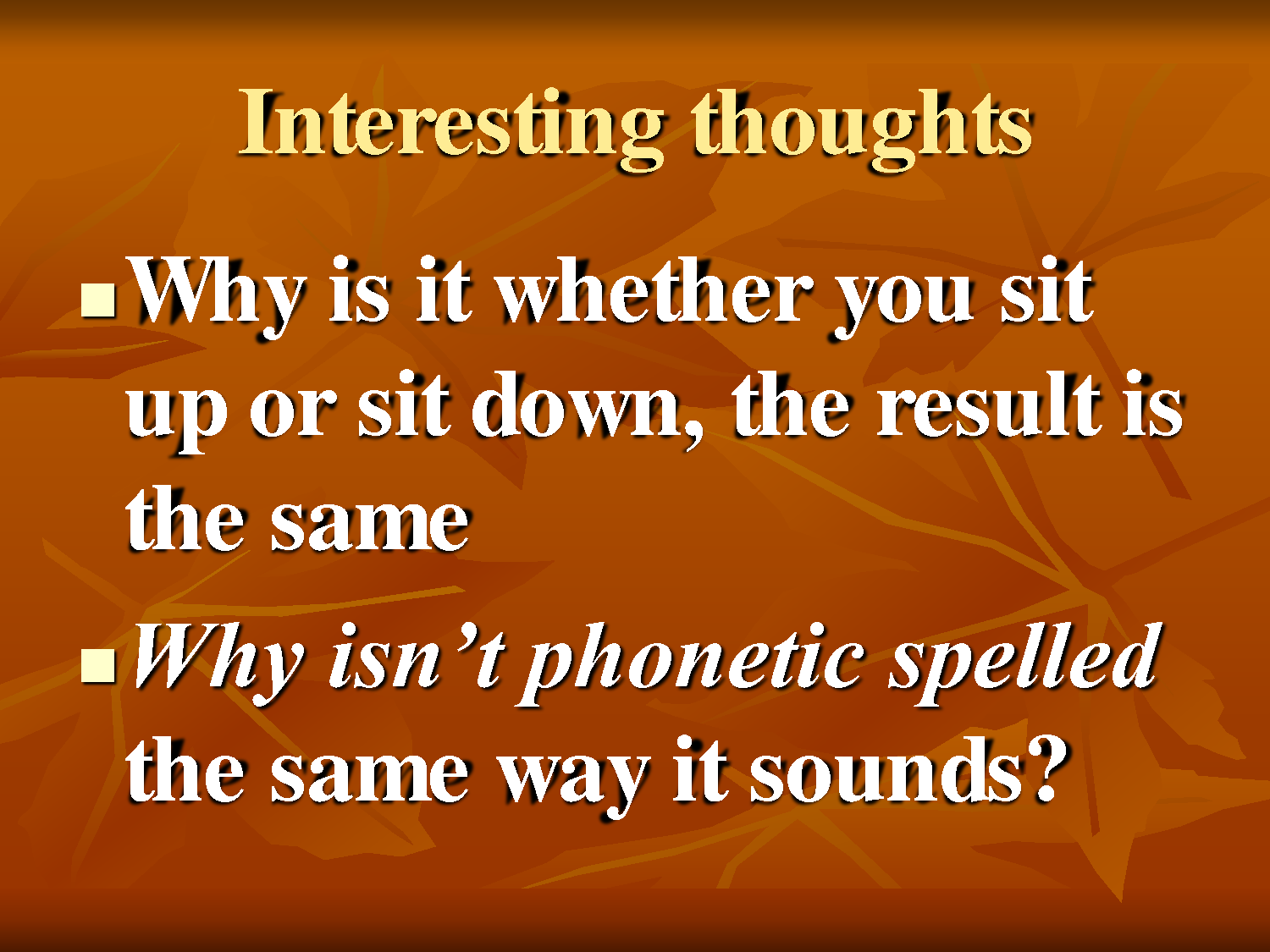I love queer things and I love words. A friend who is publications director for a small firm put me onto Michael Quinion's
World Wide Words, and I look forward to the regular newsletters. There is a link over on the sidebar.
The most recent newsletter contained this delightful bit:
Synonymising fallacy. An
article dated 7 August in the
Times Higher Education Supplement (THES) introduced me to the new word
Rogetism. Its creator is Chris Sadler, a lecturer at Middlesex University.
He had wondered about mysterious out-of-context phrases such as tarry forth of the conquest, modern store guides, bequest mazes and Herculean personalised liturgies, which kept appearing in student essays. Eventually he twigged that they were plagiarising online material but trying to hide it by changing some of the words using a thesaurus. Unfortunately, they were using what they’d looked up without caring about its meaning.
The phrases above resulted from applying this process to, respectively, stay ahead of the competition, new market leaders, legacy networks and powerful personalised services.
Sadler’s favourite Rogetism (coined, of course, from the most famous of all thesauruses, that created by Peter Mark Roget) is sinister buttocks, which he has entered for this year’s THES exam howlers competition. The original was left behind.
On a side note, I consider the depressingly popular evangelical apocalyptic
Left Behind series to be a perfect example of
sinister buttocks.






















